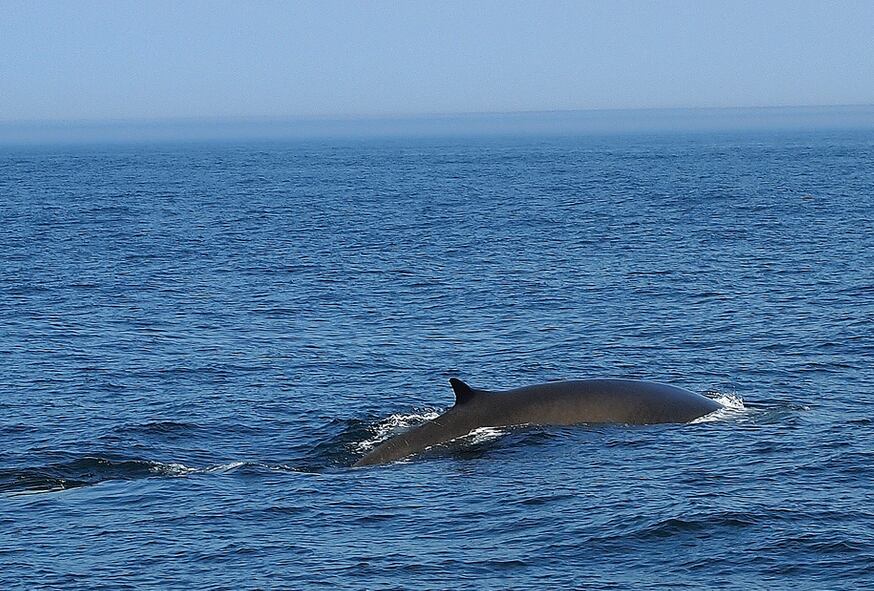Last year Brewery Steðja – which only opened in 2012 – made international headlines and enraged the Whale and Dolphin Conservation Society (WDC) for brewing a beer, Hvalur Thorri (the label is pictured above) using whale meal, and now Hvalur 2 will take things one step further, with smoked fin whale testicles used to flavor the product.
Asked how the beer tasted, Brewery Steðja ownerDagbjartur Arilíusson told this website: “We work the testicle by the old traditional way. We smoke it with dried sheep shit – this method gives it a unique smoked flavour, and we also get a bit of the meaty taste in the beer.”
Brewery Steðja plans to sell beer through Iceland’s state liquor monopoly from January 23 – one whole whale testicle will be used per brewing, and a release of 20,000 bottles is planned.
'We've had a lot of requests from around the world'
“We’ve had a lot of requests from around the world – but first and foremost we are thinking of the market here in Iceland, this festival called Thorri, which celebrates the ancient month of Thorri. But with the requests from abroad I don’t know what the future will hold,” Arilíusson said.
(An ancient sacrificial mid-winter festival, Thorrablot roughly coincides with mid-January to mid-February in the modern calendar, and is a time in Iceland when traditional foods, conserved in the ancient manner, are consumed.)
We put it to Arilíusson that the fin whale is considered, by the World Wildlife Fund (WWF), for instance, to be an endangered species. So how did he deal with the charge that it was wrong to hunt, kill and eat the animals? N.B. Iceland resumed commercial fin whaling, after a two-year pause in 2013.
“Actually we don’t consider the fin whale to be an endangered species here in the North Atlantic. We have a fisheries system in Iceland with all the fish kinds that is really self-sustainable and responsible,” he said.
“So we consider the whaling to be as well. And the fin whale has been counted here and we don’t think it’s an endangered species.”

WDC slams 'highly provocative and cheap marketing ploy'
But slamming the launch as a "highly provocative and a cheap marketing ploy", the WDC said yesterday: "There is more to this...than mere sensationalism – this is a calculated move, not only to dishonor a beautiful and endangered creature by using its most intimate of body parts as a marketing tool, but also sends a clear ‘two fingers’ to the conservation community and those who love and respect whales.
"Right-minded people would no sooner drink beer brewed with whale testicles than they would order similar drinks made with tiger, elephant or rhino testicles and our hope, of course, is that visitors to Iceland will treat this latest offering with the disdain it deserves," it added.
While Arilíusson agreed that last year’s ‘whale beer’ launch gained Brewery Steðja international notoriety, he insisted that Hvalur 2 is just one product in his portfolio, and that Icelandic beer deserves more prominent on the world stage.
Did he export to countries like Denmark, the other Scandinavian nations, or even the UK?
“Actually it’s all over the world because the Icelandic water is considered to be really clean and really pure. So that’s our foundation, and it gives the beer a really good taste,” Arilíusson said.
Brewery Steðja flies flag for Icelandic beer
“Icelandic beer overall is really good. This is just something to add to that.”
“It’s not that expensive, even though the working method is really expensive. Approximately, it will be around two and a half English pounds (per bottle in a liquor store, and we’ll make around 20,000 bottles,” he said.
Arilíusson agreed that the product could fetch a higher price if it were sold abroad, as a cult object, but said his main motivation wasn’t to cash in on the product.
“We probably could get more for it, but we don’t want to be too greedy,” he said.
